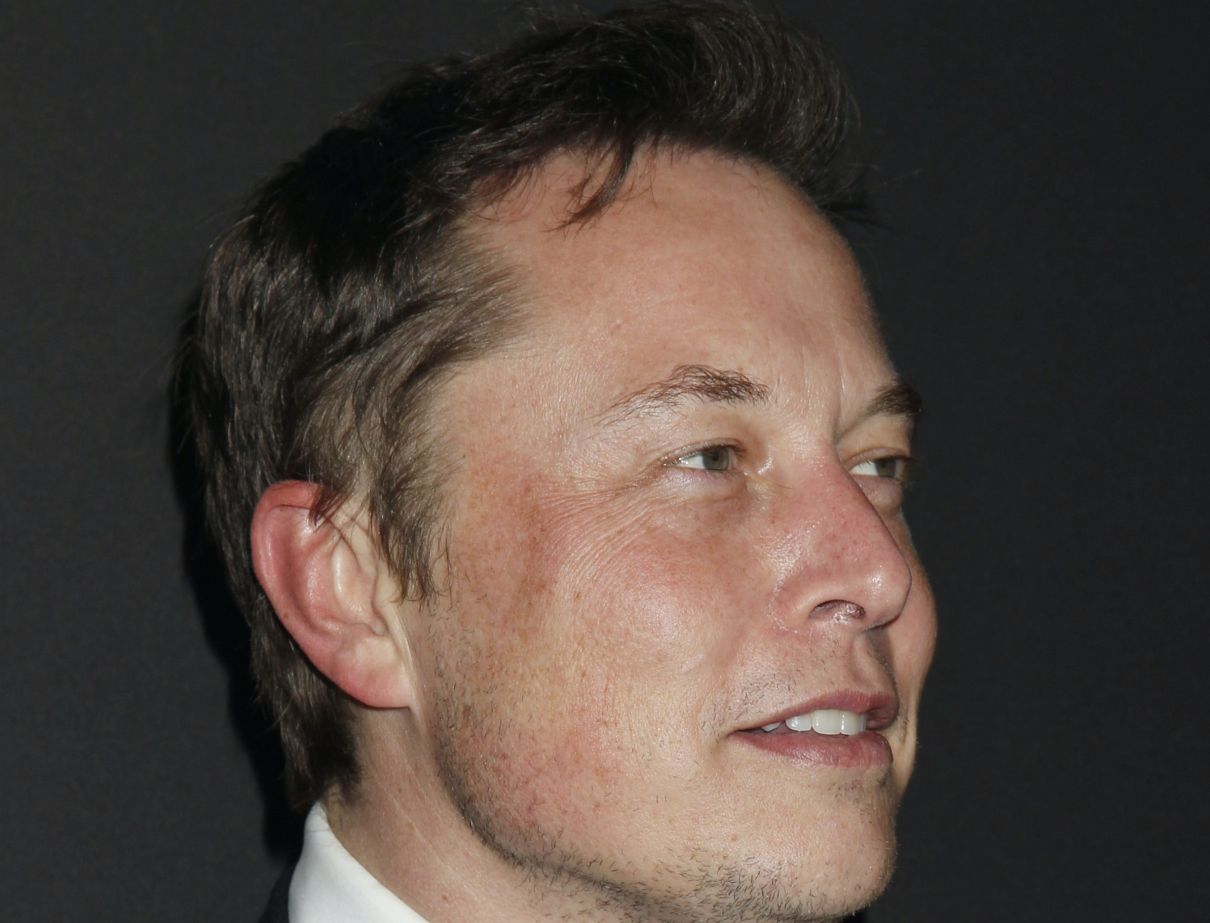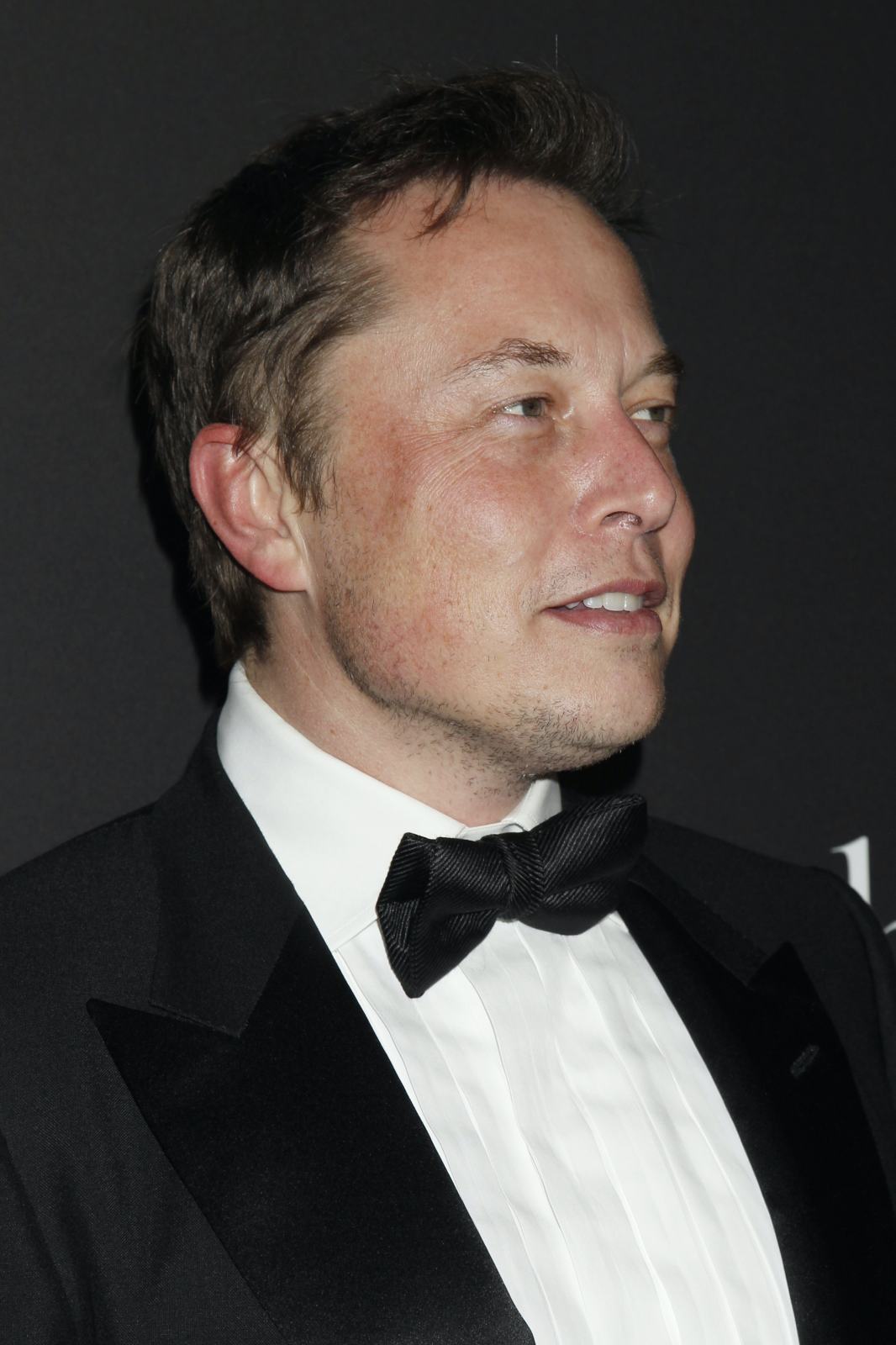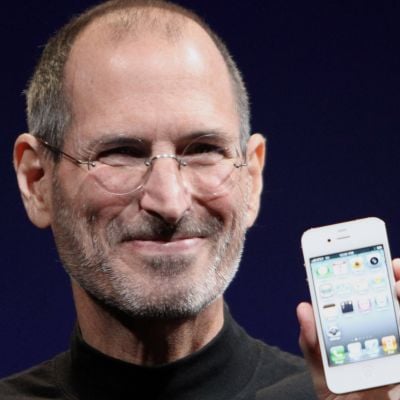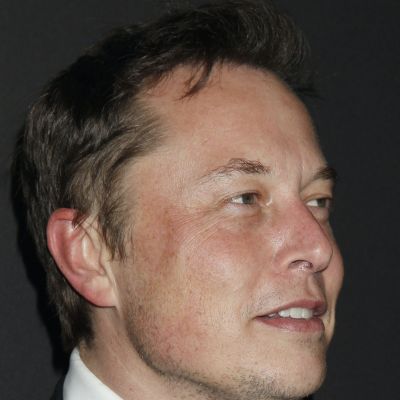Where Elon Musk's Twitter Deal Ranks In Tech History

Elon Musk's controversial purchase of Twitter for US$44bn ranks as one of the largest tech acquisitions of all time. Here are the top five.

Currently ranked as the world's richest person, yesterday Elon Musk sealed a deal to take social media firm Twitter, private, in a mammoth US$44bn deal. He pledged he would "make Twitter better than ever" and protect it as the "digital town square where matters vital to the future of humanity are debated", in a statement on Twitter.
His deal of US$54.20 a share was unanimously accepted by the board of Twitter, after an invitation for other bidders to step forward reportedly brought no other offers. The Tesla CEO has laid out various plans for the platform, including creating an edit button for users to be able to edit tweets, providing subscriptions for those who want to remove adverts, and improve the verification feature that authorises identities. In his Tweet, he appears to want to promote free speech rather than focus on wealth creation.
Analysts say a number of challenges lie ahead of the future of the social media platform. Susannah Streeter, senior investment and markets analyst at fund manager Hargreaves Lansdown, believes that "Musk clearly wants Twitter to adopt a hands off approach when it comes to moderation under his ownership. But just how he’ll avoid a collision course with regulators isn’t clear given that he’ll own the platform he uses to makes sweeping criticisms of the way they operate."
The obstacles will come in maintaining and building revenue given that the controversial opinions he hopes to give more of a free rein to, are often unattractive to advertisers, she adds. "He clearly sees introducing more subscription models as the way forward, but the risk is today’s regular users may just end up paying to receive more abuse, which doesn’t bode well for long term retention of the moderate Twitterati."
"However Musk’s star quality and eagerness to stir up more controversial views on the platform may prove to be irresistible entertainment. If this deal goes through Musk’s Twitter is set to take on the heady scent of a sweaty town hall gathering, with combatants keyboard-ready to fire vociferous missives at their opponents. Injecting growth into this new social media boxing ring, and proving it is worth more than its $44 billion price tag, is going to be an extremely hard slog in the months and years ahead." said Streeter.
Here’s where Musk's Twitter bid ranks among the five largest tech acquisitions ever.
1. Microsoft buys Activision Blizzard: $68.7 billion
In January of this year, Microsoft completed the largest tech acquisition in history when it bought the gaming giant Activision Blizzard for $68.7 billion. The all-cash deal is helping Microsoft combat its archrival in the gaming space, Sony, and now puts the company in charge of multiple-billion-dollar gaming franchises including Call of Duty, World of Warcraft, and Overwatch.
2. Dell buys EMC: $67 billion
In 2015 Dell acquired and merged with the network storage giant EMC Corp. for what was then a record $67 billion. The deal made Dell, which has since been rebranded to Dell Technologies, the world’s No. 1 seller of storage systems, No. 2 seller of servers, and No. 3 seller of PCs at the time. It also included the cloud computing company VMware, which has since spun off to become its own publicly traded firm.
3. Elon Musk buys Twitter: $44 billion
Musk’s takeover of Twitter is now the third-largest tech acquisition in history. The billionaire entrepreneur bought Twitter in an all-cash deal worth $44 billion, in what he says is an attempt to make the social media giant a “platform for free speech around the world.”
4. Avago Technologies buys Broadcom: $37 billion
Avago Technologies bought rival chipmaker Broadcom in a $37 billion cash and stock deal in 2015. The combined company now goes by Broadcom but trades as AVGO, and has become one of the largest suppliers of semiconductor and infrastructure software products in the U.S.
5. AMD buys Xlinix: $35 billion
AMD bought its chip-making rival Xlinix in October of 2020 in a $35 billion stock deal meant to add to the company’s data center offerings. The acquisition has allowed AMD to compete with Intel using a new larger research-and-development budget and a broader array of products.
A version of this article originally appeared in Fortune.com








